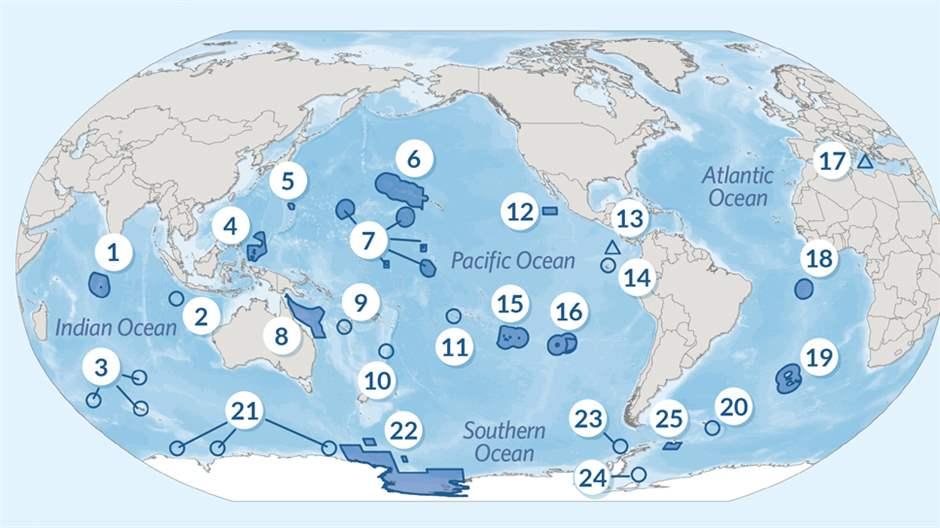The ocean covers more than 70% of the Earth's surface and sustains all life on the planet, including humankind and a dazzling array of marine species. For millennia, that invaluable benefit was secure; in many places, coastal communities and Indigenous peoples have successfully conserved the sea’s biodiversity for generations.
But today, the ocean faces severe threats including overfishing, illegal fishing, pollution, and climate change.
In response, over the past decade many countries have created large-scale, fully protected marine protected areas (MPAs) that have had a positive impact on the ocean. Yet less than 3% of the world’s ocean is protected by strong safeguards, far short of the 30% recommended by the International Union for Conservation of Nature.
To address this global challenge, The Pew Charitable Trusts and Dona Bertarelli created the Pew Bertarelli Ocean Legacy Project in 2017 with the shared goal of supporting creation of the first generation of ecologically significant, large, and effective MPAs around the world. The project also seeks to establish connections between MPAs to conserve areas and corridors that marine life relies on for breeding and migration, and to help communities strengthen connections to the ecosystems they depend on.
These efforts build on more than a decade of work by Pew and Dona Bertarelli to create large-scale, highly or fully protected MPAs that restrict extractive activities such as fishing, drilling, and mining.
Between them, Pew and Dona Bertarelli have helped to obtain designations or commitments to safeguard nearly 13 million square kilometers (5 million square miles) of ocean to date by working with communities, local leaders, philanthropic partners, Indigenous groups, government officials, and scientists.
Today, the Pew Bertarelli Ocean Legacy Project plays a key role in developing and supporting a regional approach to marine conservation in the eastern tropical Pacific Ocean, the Mediterranean Sea, the Southern Ocean and sub-Antarctic islands, and the western Pacific Ocean. Through collaboration with local communities, the project aims to find innovative ways to help conserve key migratory species and marine ecosystems, which will benefit people connected to the sea for years to come.
Where We Work
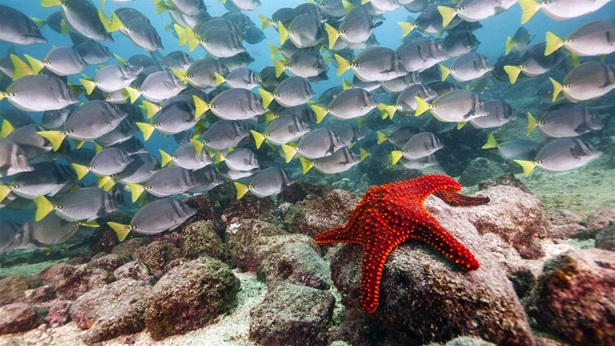
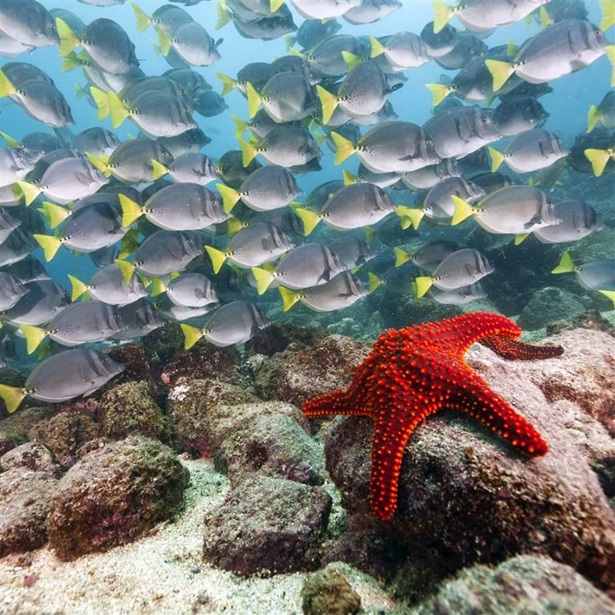
The Eastern Tropical Pacific Marine Corridor
Pew Bertarelli Ocean Legacy The Eastern Tropical Pacific Marine Corridor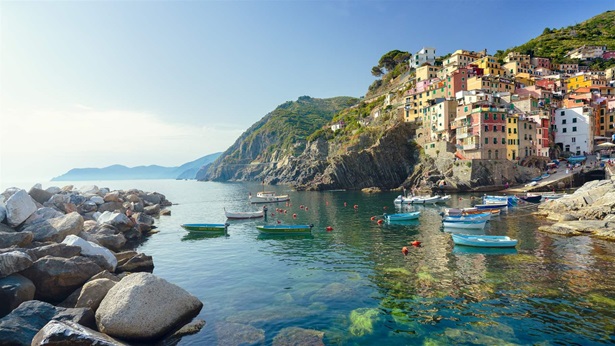
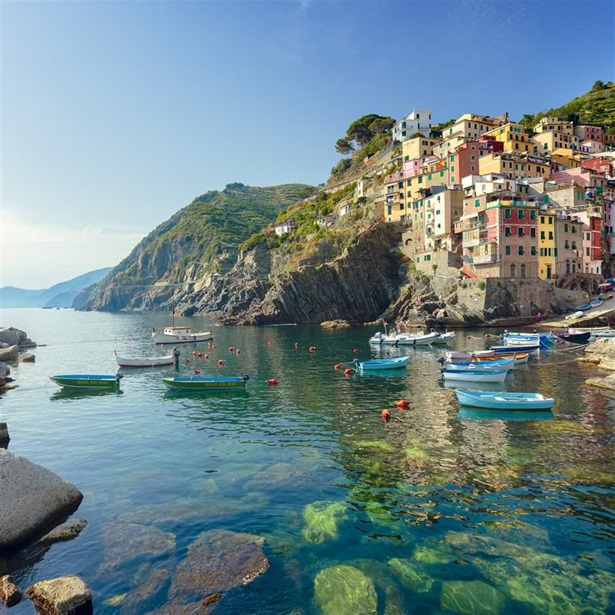
Mediterranean Sea
Pew Bertarelli Ocean Legacy Mediterranean Sea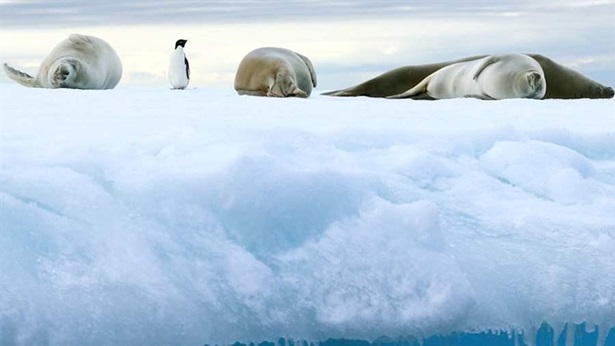
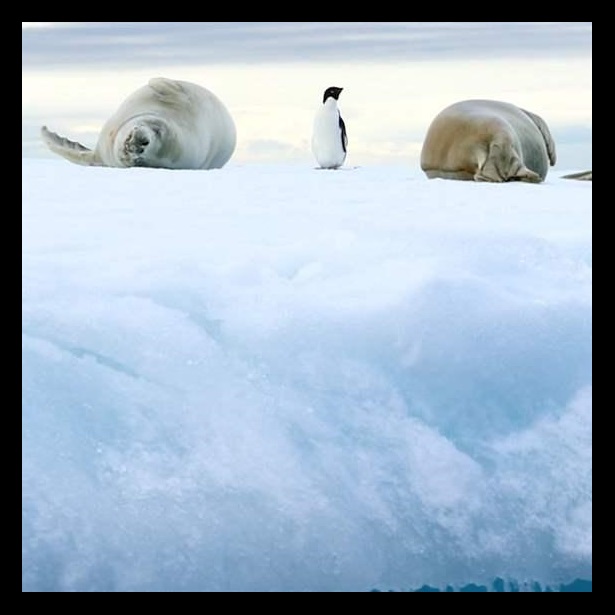
The Southern Ocean and sub-Antarctic Islands
Protecting Antarcticas Southern Ocean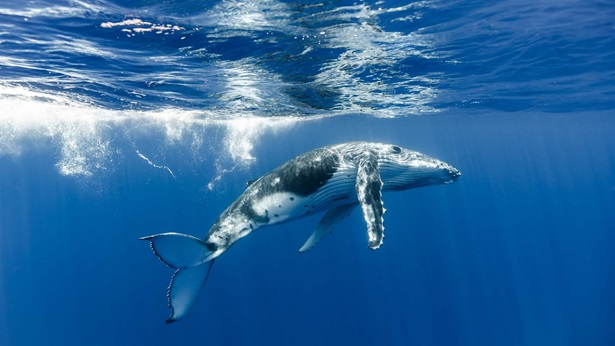
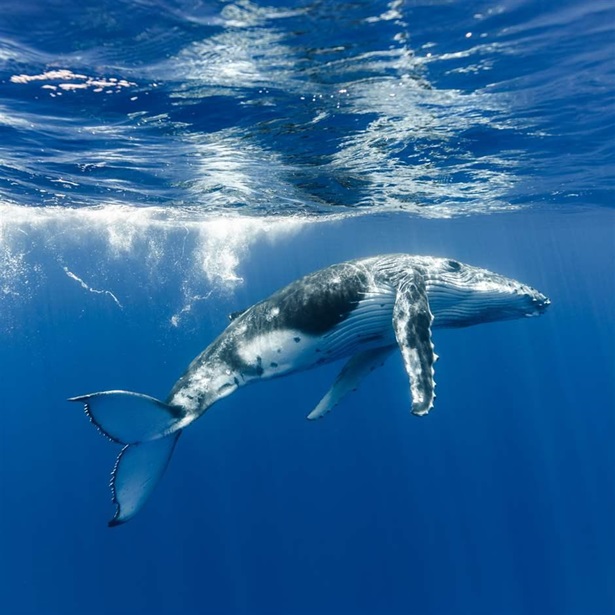
Connecting Marine Protected Areas Can Improve Ocean Health
Connecting Marine Protected Areas Can Improve Ocean HealthOur Work
